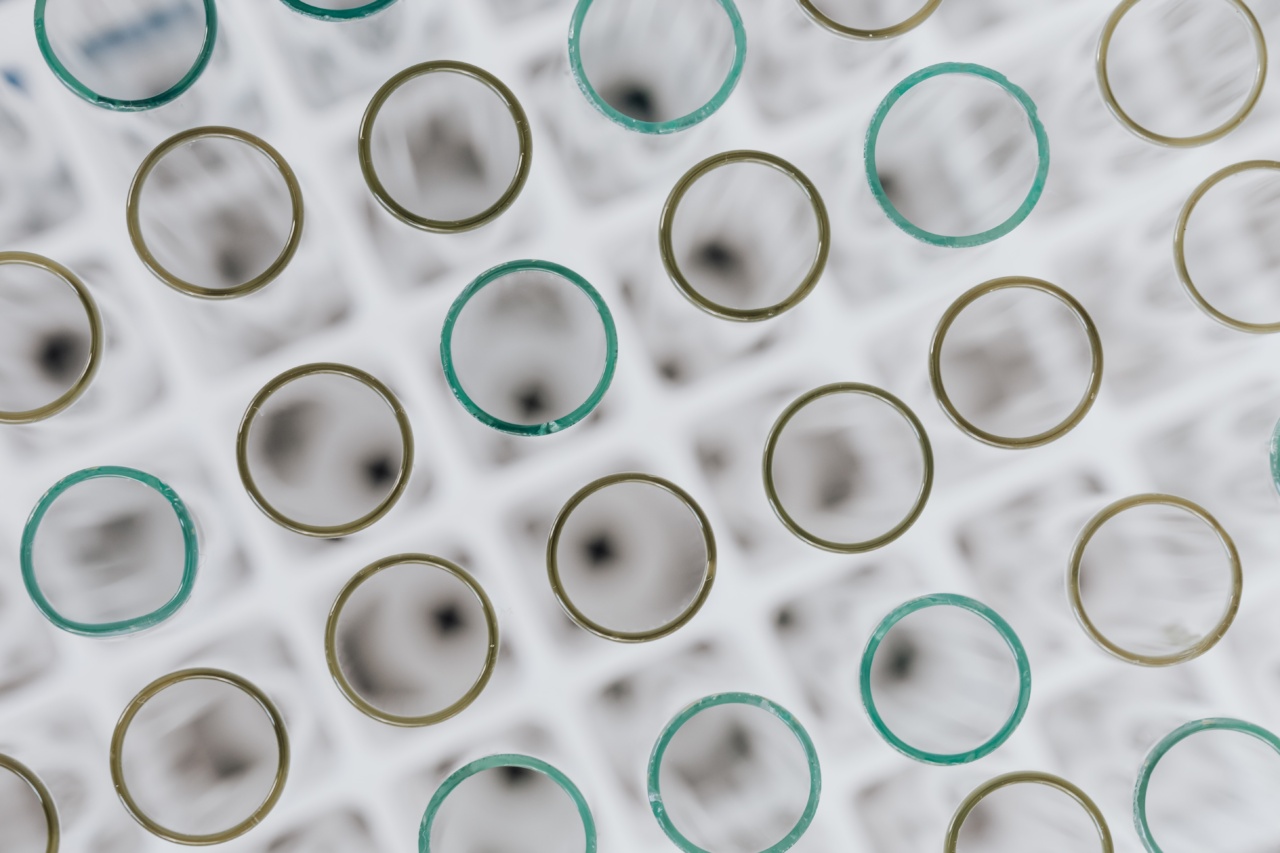As we age, different parts of our body undergo aging in their own unique way. Recent research revealed that the heart, liver, and kidneys age at different rates and in different patterns.
Heart aging patterns
The heart is the center of the cardiovascular system that pumps blood throughout the body. As we age, the heart undergoes structural and functional changes that may result in a decline in its ability to pump blood efficiently.
The aging heart loses muscle cells and gains fat, fibrous tissue, and calcium deposits, which affects the heart’s contraction and relaxation cycle.
Research shows that the aging heart also experiences changes in its electrical activity.
Specifically, the heart rate at rest decreases with age, while the heart rate variability (HRV) – the variation in time between successive heartbeats – also decreases. The HRV decline may be linked to the increased risk of cardiac arrhythmias.
Liver aging patterns
The liver is responsible for detoxifying substances, breaking down fats and producing glucose. Aging affects the liver’s function and metabolism, and the liver’s size decreases with age.
Research shows that the liver’s ability to break down medications also decreases with age due to a decline in the activity of enzymes responsible for drug metabolism.
The liver also undergoes structural changes with age.
As we age, the liver’s blood vessels become less elastic, and there is an increase in fat content in the liver cells, leading to a condition known as “fatty liver.” Research suggests that fatty liver disease is linked to insulin resistance, which increases the risk of type 2 diabetes.
Kidney aging patterns
The kidneys are responsible for filtering blood and removing waste products from the body. With age, the kidneys lose their ability to filter blood effectively, leading to a decline in kidney function. This condition is known as age-related nephropathy.
Research suggests that kidney aging patterns differ between men and women, with men experiencing a more rapid decline in kidney function and a higher risk of developing chronic kidney disease.
Women, on the other hand, experience a slower decline in kidney function but have a higher risk of developing kidney stones.
The link between aging and chronic diseases
The aging patterns in different organs of the body are linked to several chronic diseases. For example, the changes in the heart’s electrical activity can increase the risk of cardiac arrhythmias and heart failure.
The decline in the liver’s ability to break down medications can increase the risk of drug toxicity. The decline in kidney function can lead to chronic kidney disease and end-stage renal disease.
Additionally, the aging process can also increase the risk of other chronic conditions such as cancer, diabetes, and neurodegenerative diseases such as Alzheimer’s disease and Parkinson’s disease.
What can be done to slow down aging patterns?
While aging is inevitable, there are ways to slow down the aging process and maintain good health. Here are some tips:.
: Eat healthy
Eating a healthy diet that is rich in fruits, vegetables, whole grains, and lean protein can help slow down the aging process. A balanced diet can help reduce the risk of chronic diseases such as heart disease, diabetes, and cancer.
: Exercise regularly
Regular exercise is essential for maintaining good health and slowing down the aging process. Exercise helps improve cardiovascular health, maintain muscle mass, and reduce the risk of chronic diseases.
: Get enough sleep
Adequate sleep is essential for healthy aging. Lack of sleep can increase the risk of chronic diseases such as obesity, diabetes, and heart disease.
: Avoid smoking and excessive alcohol consumption
Smoking and excessive alcohol consumption can accelerate the aging process and increase the risk of chronic diseases.
: Manage stress
Chronic stress can accelerate the aging process and increase the risk of chronic diseases. Managing stress through relaxation techniques such as yoga, meditation, and deep breathing can help slow down the aging process.
Conclusion
Aging patterns in different organs vary, and understanding them can help explain the link between aging and chronic diseases. By maintaining a healthy lifestyle, we can slow down the aging process and reduce the risk of chronic diseases.































